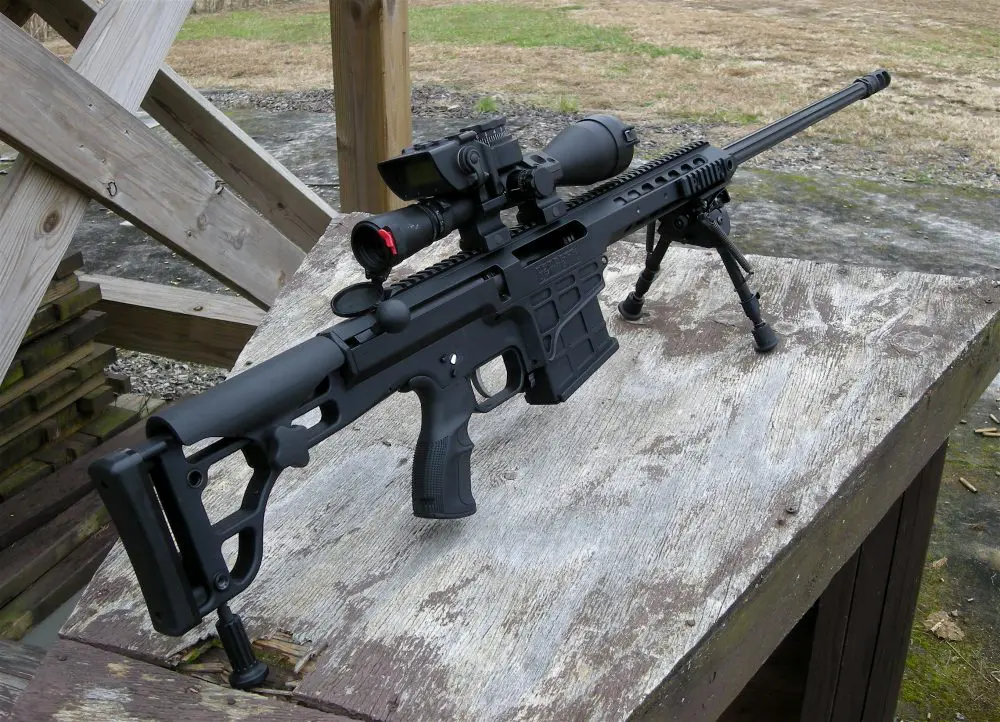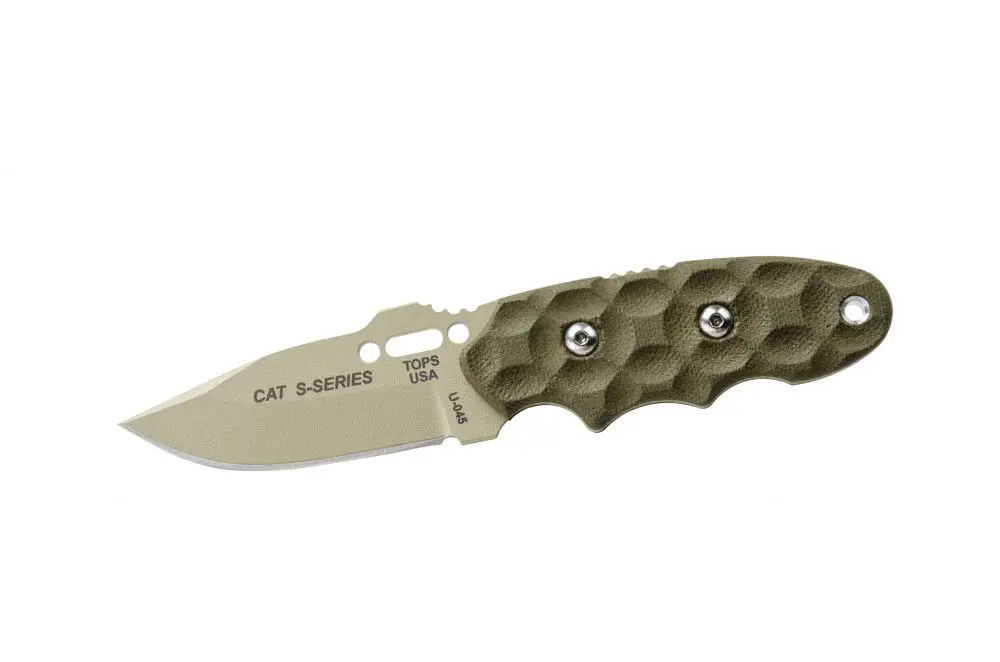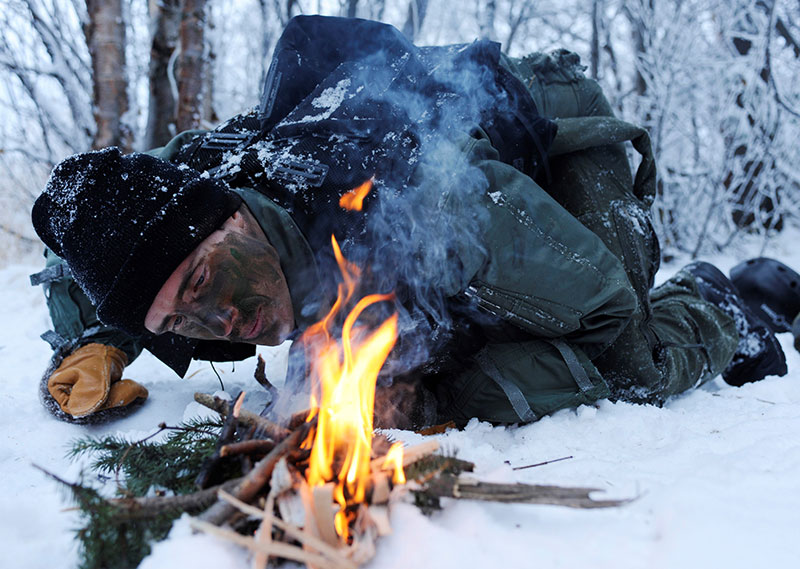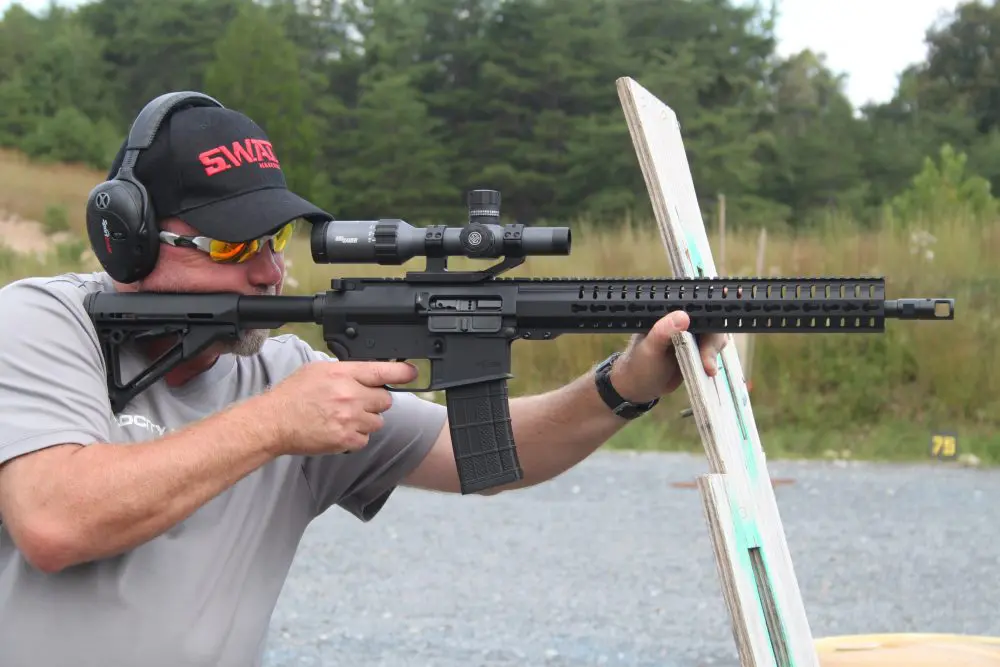In January of 2007, an LAPD Officer was shot.
His partner, a probationer ten days out of the Academy, had conducted a search of a suspect in response to their investigation of an assault call. The probationer had brought the suspect, whom he had now handcuffed, out into the hallway of an apartment complex in the Rampart Division—a notoriously violent Division. As the probationer’s training officer conducted a further investigation with the other subjects related to the call, the handcuffed suspect managed to reach into his pants pocket, withdrew a handgun and fired at the 12-year veteran training officer. The veteran officer sustained a gunshot wound to the chest and shoulder and an additional bullet strike to his vest. Two other officers who also responded to the call then immediately engaged the suspect, resulting in his demise.
If you’ve been in this business long enough, you will invariably make mistakes or cut corners when hindsight tells you better. In this case a probationer conducted the search and somehow missed the handgun. Since LAPD always handcuffs suspects behind their back, one would assume that suspects are somewhat limited in their mobility. This is obviously not always the case.
When I worked the streets, it was not at all unusual for us to make stop after stop in a single watch, looking for bad guys, guns and dope. This was our job in Metro, making observational felony arrests. That meant that we searched a number of suspects during each shift and it was common to have multiple suspects on a single stop who were systematically searched by one officer while covered by his partner. I got into a search pattern that I always made sure I adhered to. My partners did the same. There was never any doubt that either of us could make mistakes or miss something. One method was to conduct the search in the exact same manner every time with an overlapping body search—where one hand might find an object the other hand missed.
When you do anything long enough, with repetition there is the human tendency to make short work of it and cut corners or avoid second guessing yourself. There is nothing wrong with starting all over again when you feel that sixth sense kicking in, telling you something is not quite right. There’s also no embarrassment in this. If you “feel” that something’s out of place, then redo it. In our profession there is little margin for error.
When I was a young probationer in Wilshire Division, my partners were well seasoned. (This is not in any way implying that the officer mentioned above was not, by the way.) They checked and rechecked my reports and work in the field over and over and I picked up on their attention to detail. You’re going to make mistakes out there—it’s inevitable through the years. It’s tempting to rush through a police procedure because you’ve done it a thousand times before. Resist this tendency. A search should be made at a methodical pace and done the same way time after time and always with the thought in mind that, as opposed to just “going through the motions,” you are actively trying to find something. There is a distinct difference between the two. No doubt roll call training will address this issue throughout the department. I don’t recall the last time an LAPD officer was shot because a gun was missed during a body search, but I imagine it won’t occur again for quite some time.
When you’re dealing with partners, radio calls, tactics and controlling crime scenes, it can become a rather busy affair. It doesn’t take much to distract you from one aspect of fieldwork while you deal with another. You can readily forget that you did not fully complete one field procedure when something of a more pressing manner interrupts you from it. In this case, the training officer was otherwise engaged and probably with good cause, when his probationer conducted the search. Perhaps under less pressing circumstances, he would have watched his probationer as he conducted the search.
I always used a tiered approach to field contacts. My partners and I always checked for weapons first—the dope could wait. Then we conducted the rest of the investigation. If there was even a hint of a potential problem from a suspect, we secured him immediately. Tactics should always adapt to the situation at hand, but officer safety should always take first priority.
I discussed this briefly on the 10-8 Forum and one comment made by an astute individual was that, irrespective of time on the job, you can always re-check and back up your partner’s work. Good point. It’s not just the probationer, but the seasoned officers as well who need to keep a head’s-up attitude.
In the first two weeks of 2007 in Los Angeles, there were ten separate instances of officers being fired upon. In 2006 there were 109 such attacks, 99 in 2005, 97 in 2004, 135 in 2003 and 130 in 2002. In Los Angeles at least, one can never let down one’s guard.
Remember, though, that even if your jurisdiction isn’t “hot and heavy,” danger can still come at you from out of nowhere. Attention to detail and the development of a “never assume” attitude can go a long way toward keeping you and your partners bullet-free.
[Scott Reitz is a 30-year veteran of the Los Angeles Police Department and the director of the highly acclaimed International Tactical Training Seminars. Course information and schedules are available at their website at www.internationaltactical.com or by email at [email protected].]




